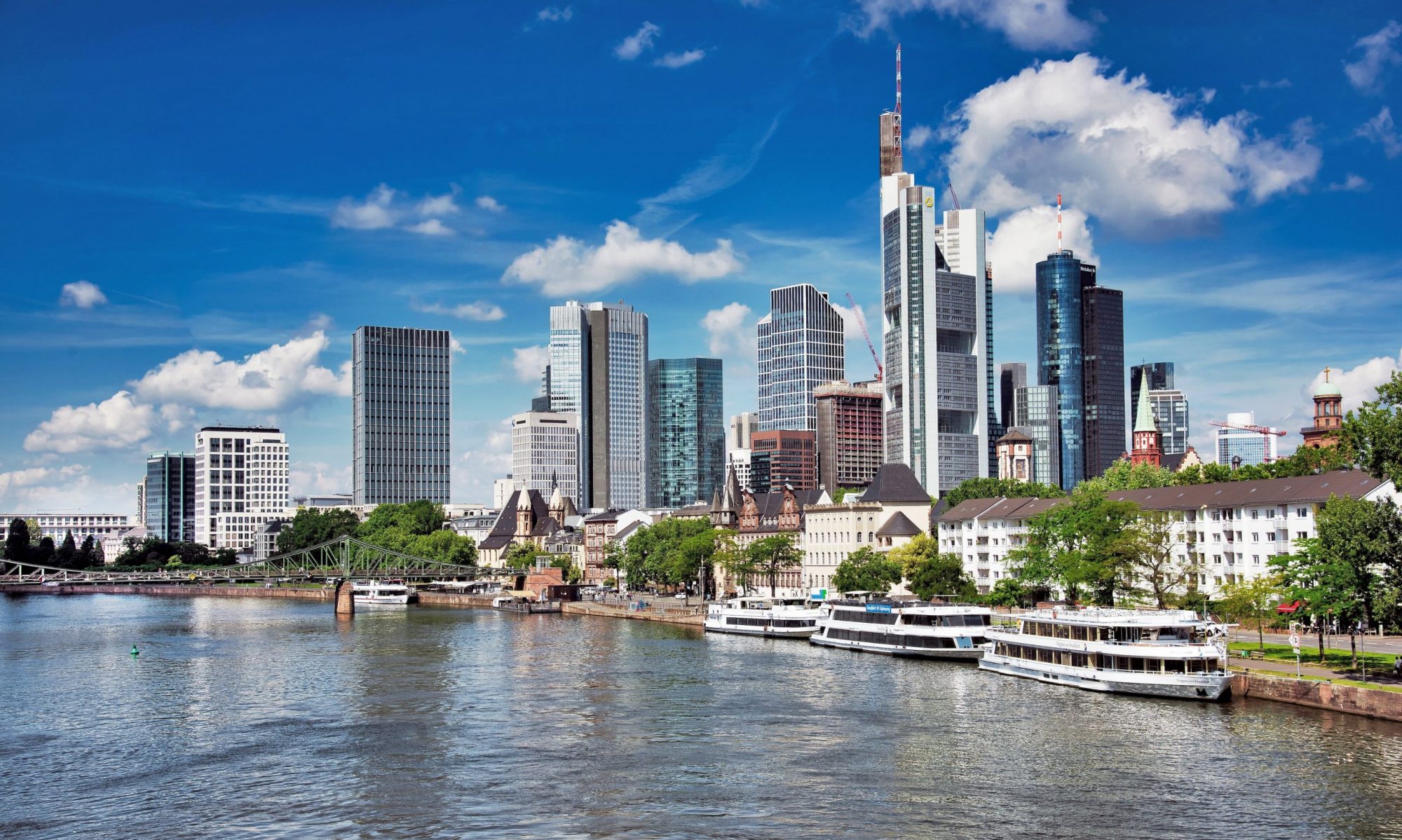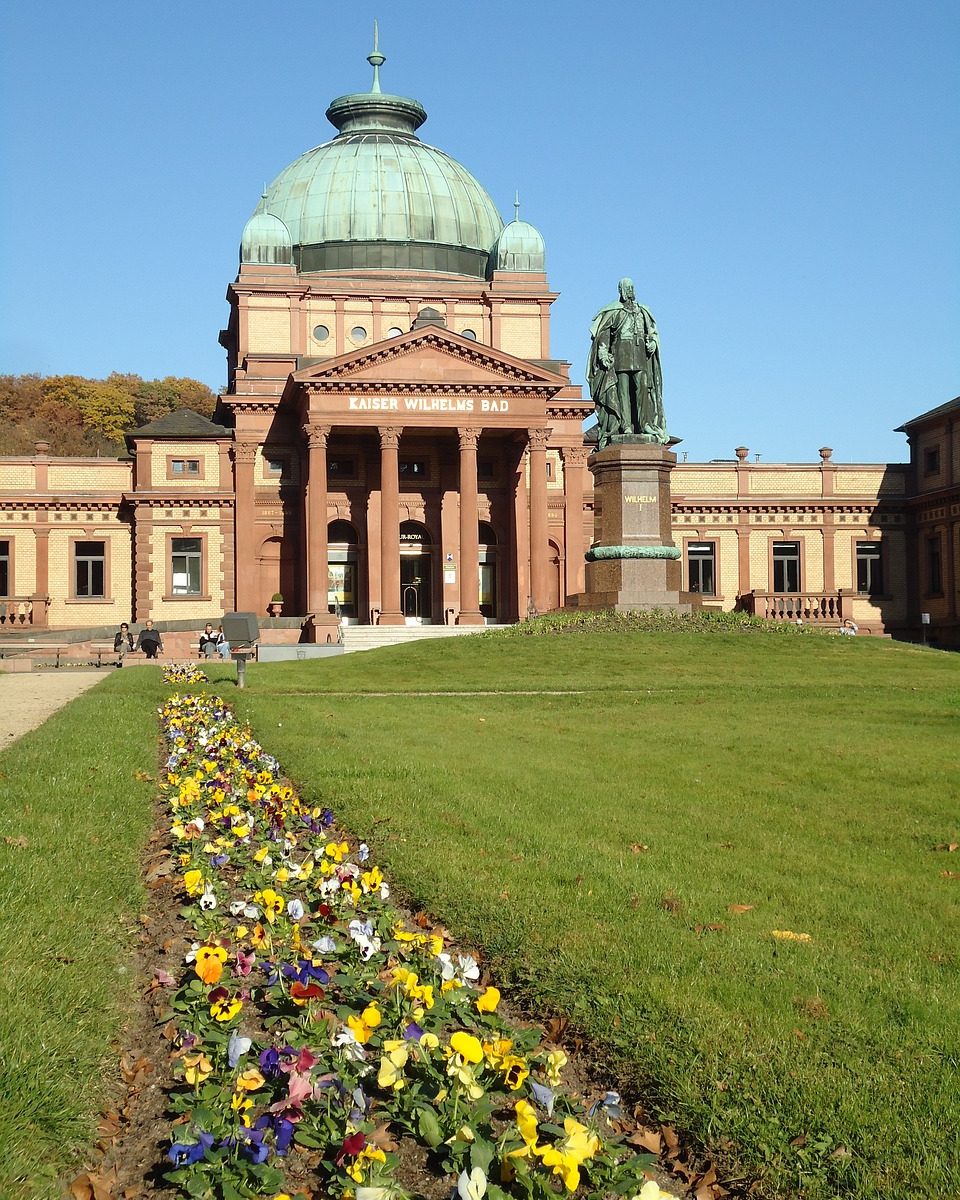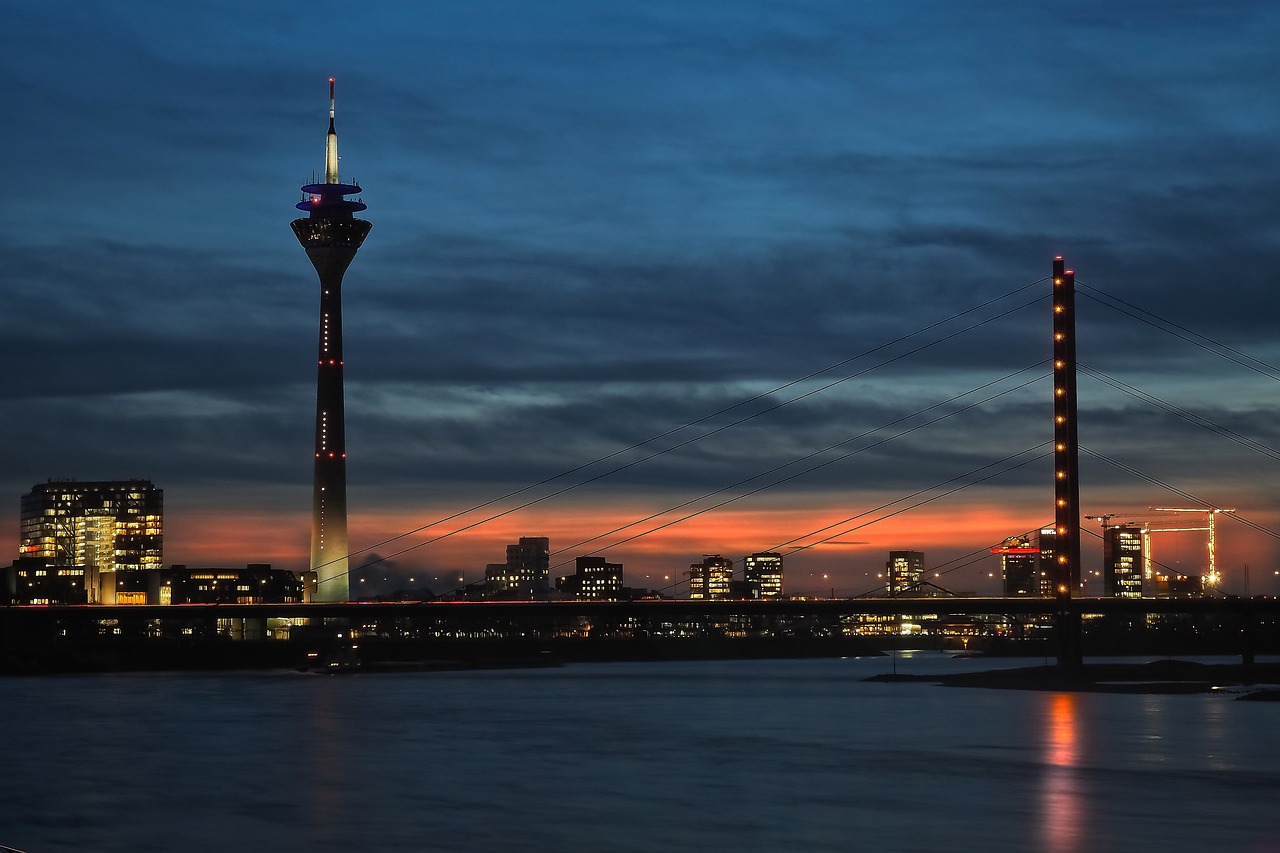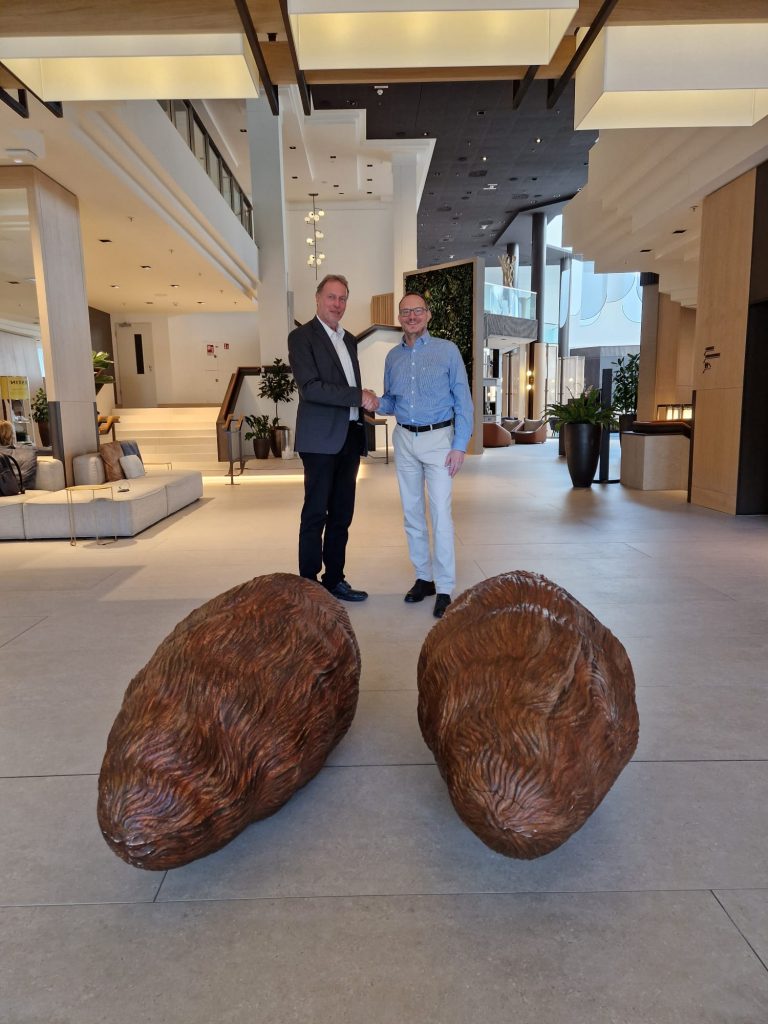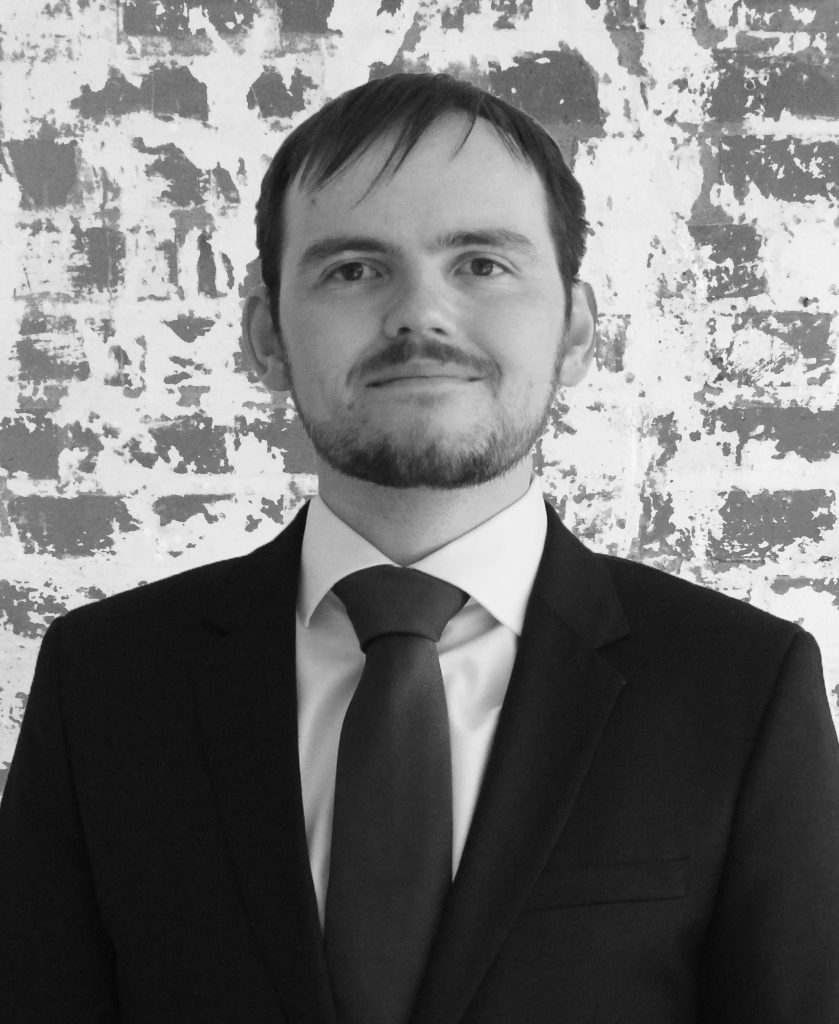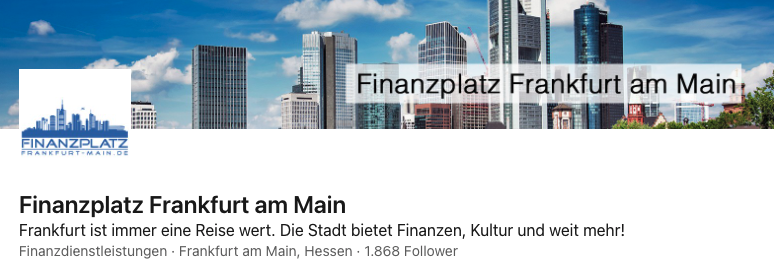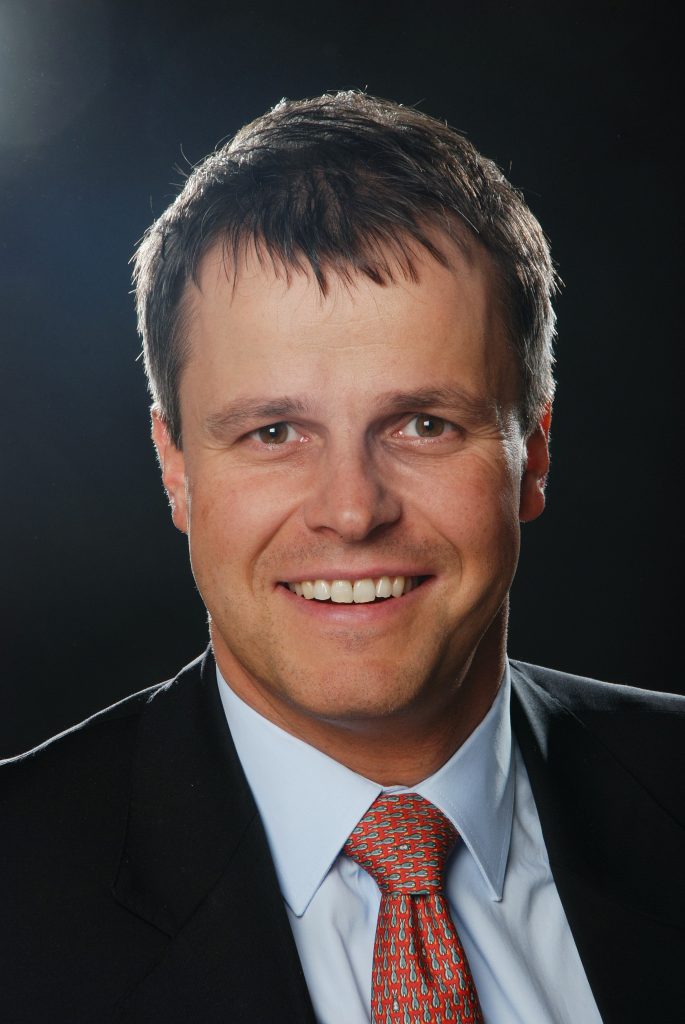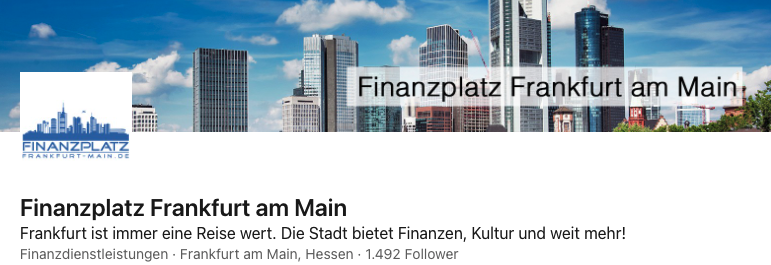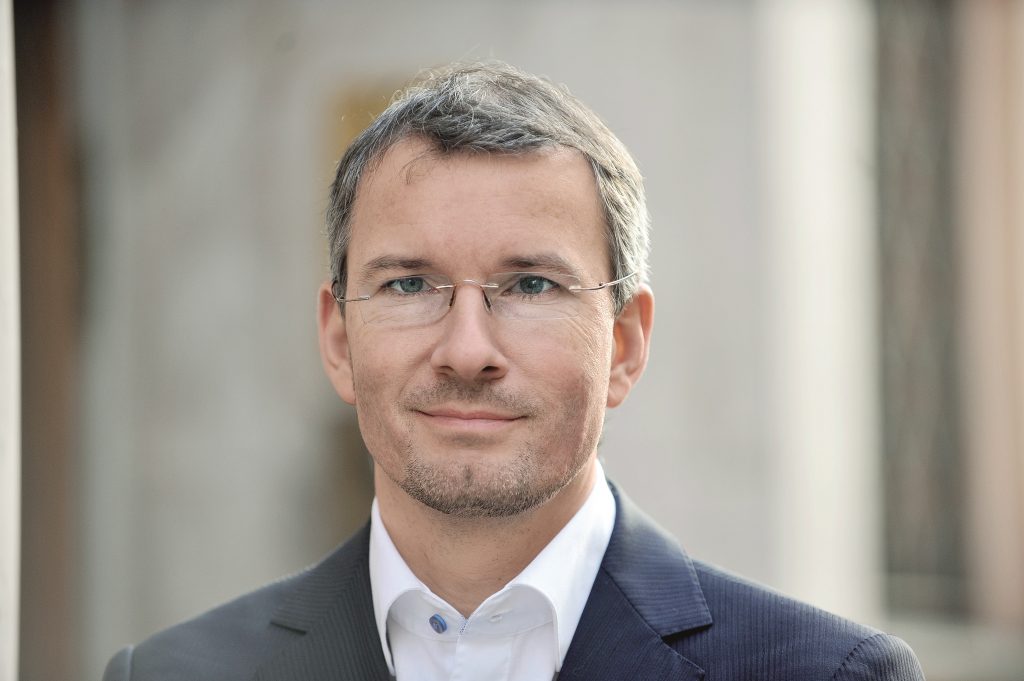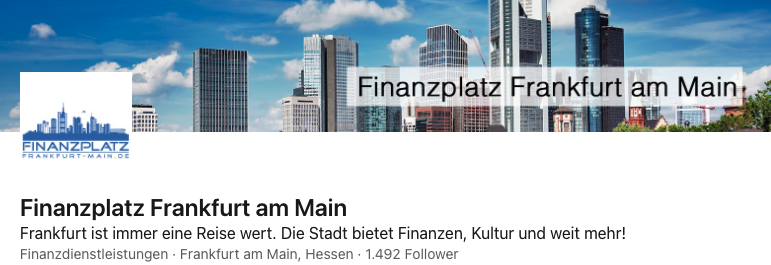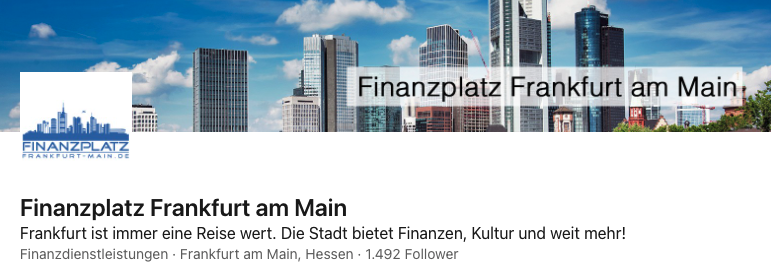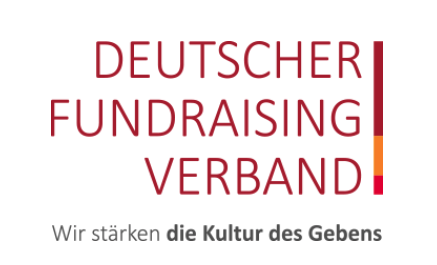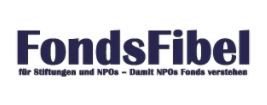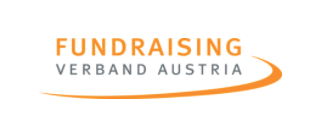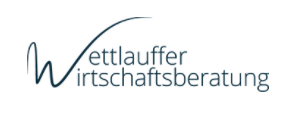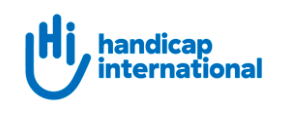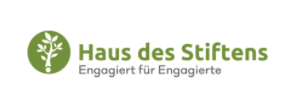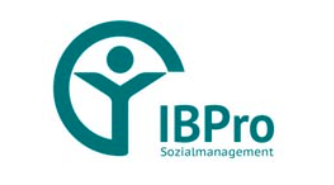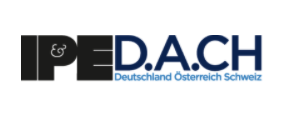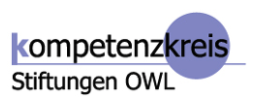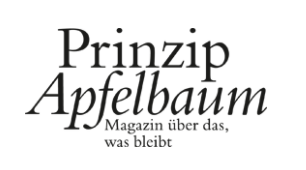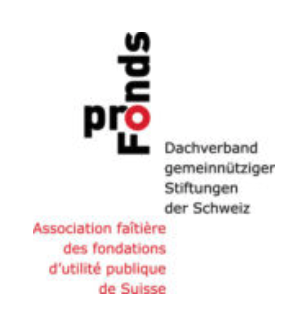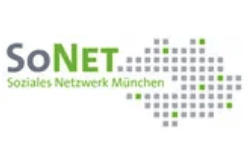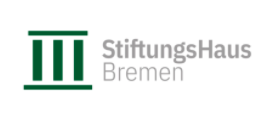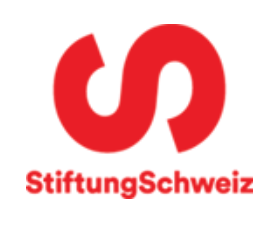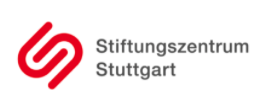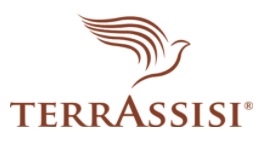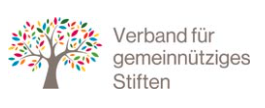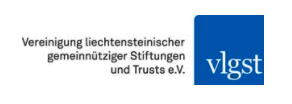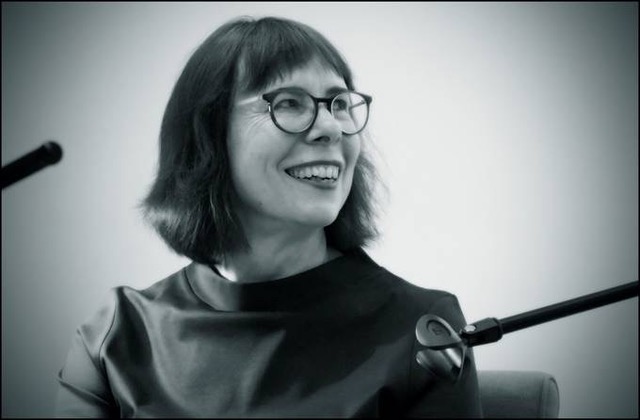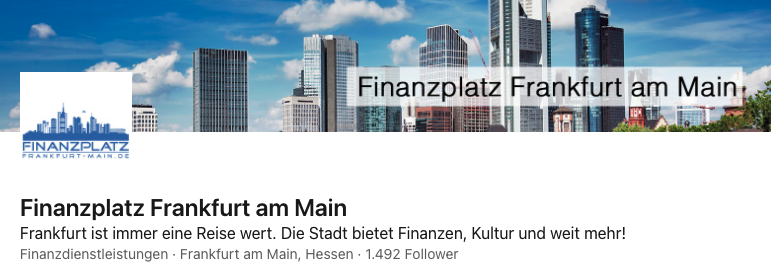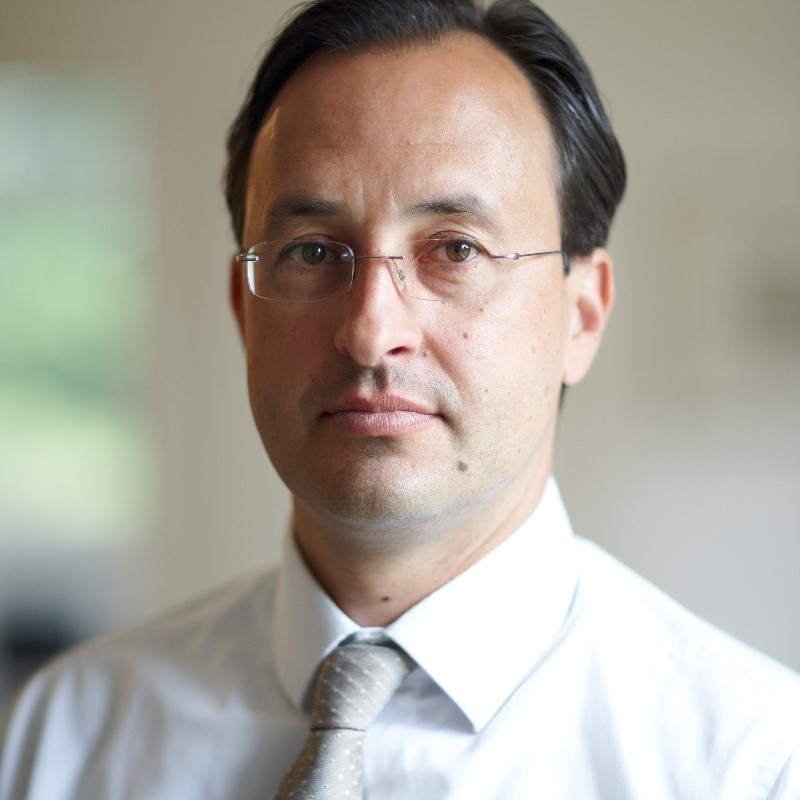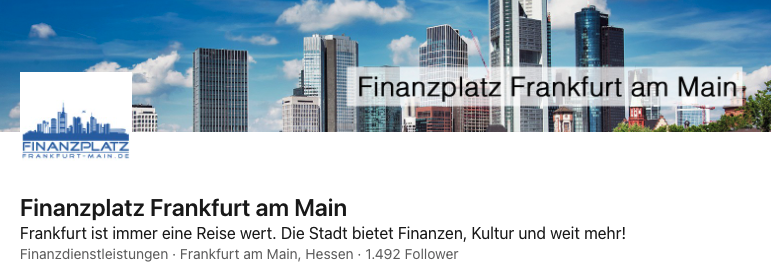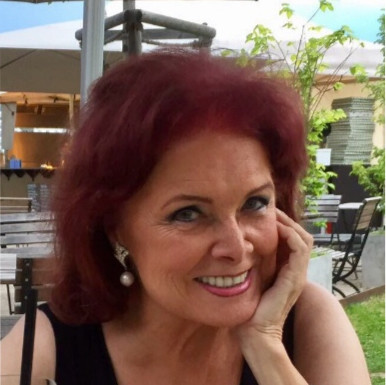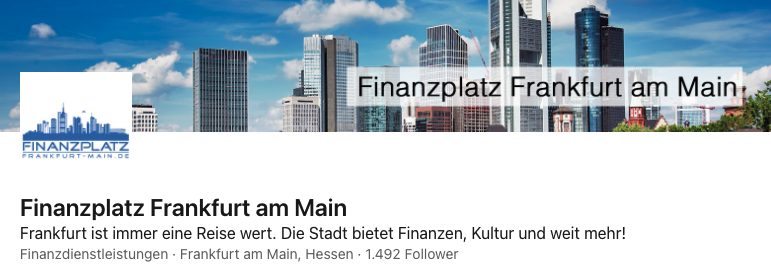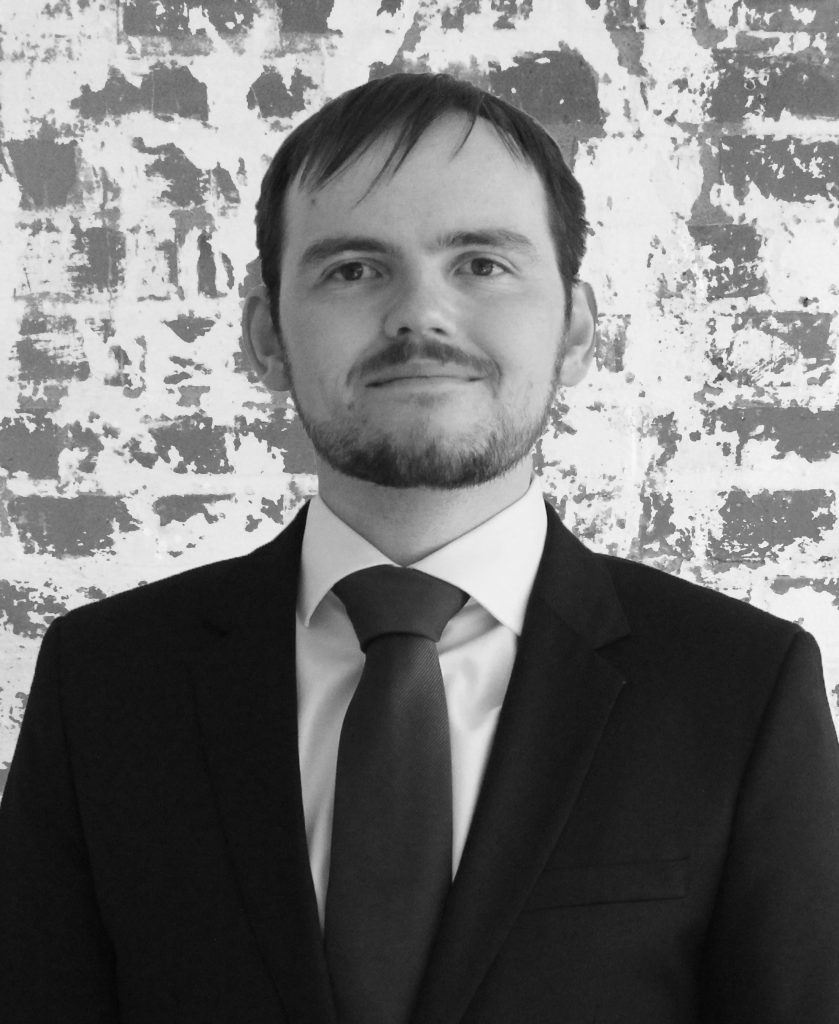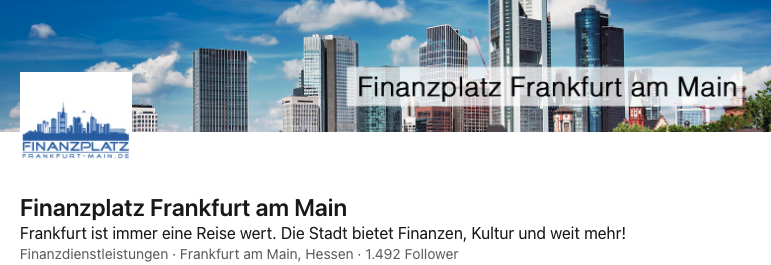„One should be absolutely wary of predictions, especially those about the future“ (Mark Twain). Markus Hill spoke on behalf of FONDSBOUTIQUEN.DE with Michael Heise, publicist and chief economist of HQ Trust, about the connection between the fields of economics and family office as well as the challenges for investors in the current interest rate environment. Topics addressed included the ECB, interest rate policy, inflation and the implications for capital market returns. These topics, as well as the topic of alternative investments, will also be the focus of discussion this week at the Private Wealth Forum Germany and the Private Debt Investment Forum in Munich.
Hill: As an economist, where do you actually see the connection to the topic of „Family Office & Asset Allocation“?
Heise: Advising families on how to secure and increase their assets is an extremely exciting task. In my view, it is closely linked to global economic developments, which play a major role in determining long-term trends on the financial markets. In this respect, a passion for economics is a good prerequisite for advising family offices. For economists working in the financial business, which has been the case for me since 1995, the special challenge is not only to present academically interesting analyses, but also to generate instructions for action for investors. And they are, as you know, subject to the merciless judgment of the markets. That’s what makes the work so exciting.
Hill: Why do you think the ECB has been so late in responding to inflation?
Heise: The sudden rise in inflation in recent years has surprised the vast majority of forecasters in its rapidity. However, this is no excuse for the central banks. The European Central Bank, in particular, held on to the thesis that the rise in inflation was only temporary for far too long, so it took countermeasures very late. The ECB’s first interest rate hike took place in July 2022, when inflation had already reached almost 9%. How did this late reaction come about? Of course, it can be argued that our forecasting models do not work so well in times of massive shocks such as the COVID pandemic and the Ukraine war. More importantly, the European Central Bank had just revised its strategy in 2021 and a very expansionary policy stance emerged. As late as the end of 2021, the ECB announced a long period of low key interest rates as part of its so-called forward guidance, thus shaping market expectations. This assurance then prevented it from raising interest rates in a timely manner. In doing so, it would have undermined its own announcements.
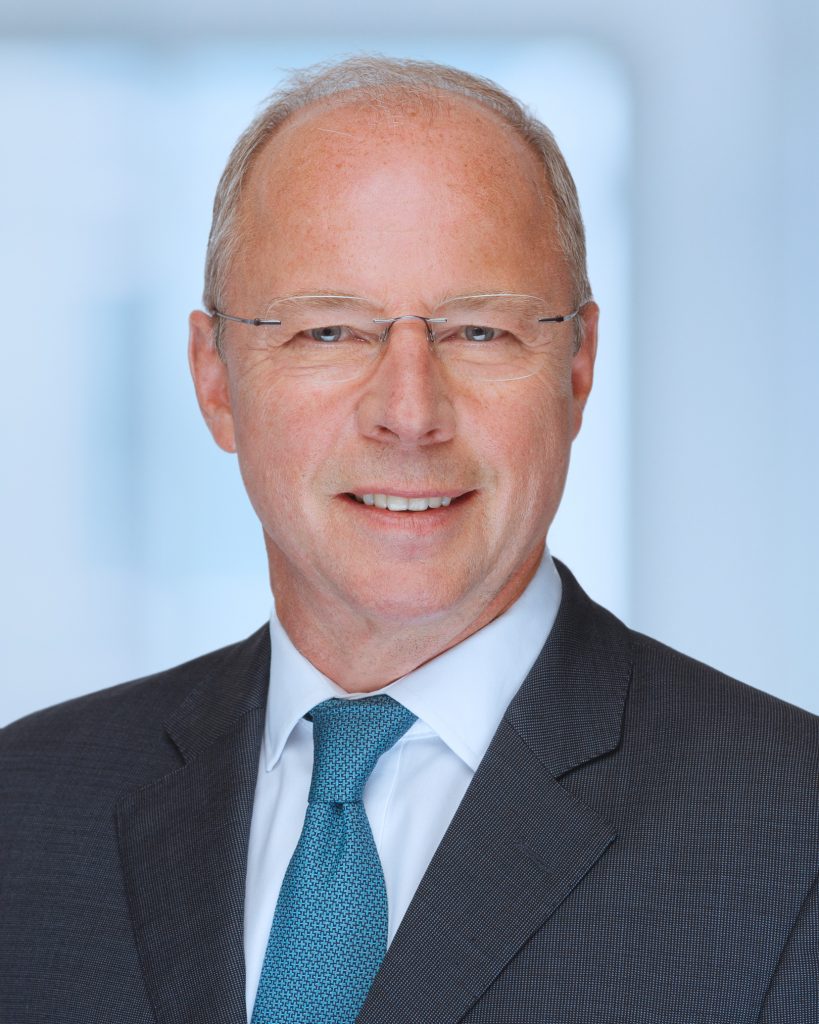
Hill: What’s next for inflation and the ECB’s key interest rate?
Heise: In my estimation, the ECB’s key interest rates will remain at the level they are at now until early summer 2024. In view of the weak economy in the euro zone and the fact that inflation figures are falling, the ECB is unlikely to tighten monetary policy further for the time being. Of course, the decisive factor is the development of inflation. Significantly rising commodity prices or aggressive wage increases could change the picture.
Hill: What are the implications for capital market yields?
Heise: With the current direction of monetary policy, capital market yields are likely to move more or less sideways at current levels. Significant interest rate cuts by the central banks would only be expected in the event of a stronger recession, which most forecasters do not currently see coming. So I don’t think you should position yourself for falling interest rates.
Hill: We had a preliminary discussion about our panel at the Private Wealth Germany Forum in Munich. What other topics are important to you there?
Heise: It will certainly be a very interesting panel. I’m particularly looking forward to discussing different scenarios. What is the likelihood of a recession, a severe economic downturn? A recession scenario would have very different capital market implications. I assume that opinions differ here.
Hill: What additional issues are you currently facing?
Heise: This week is all about alternative investments. On October 18, I will be giving a keynote at the Private Debt Investment Forum 2023 here in Munich. Private debt investments have developed very strongly recently and have attracted high demand. However, they are also affected by macroeconomic developments and risks. There’s a lot to discuss there.
Hill: Thank you very much for talking to us.
Michael Heise has been an independent consultant and publicist since 2020, as well as chief economist of the asset manager HQ Trust GmbH in Bad Homburg. He studied economics at the University of Cologne and earned his doctorate. His professional career led him via the German Council of Economic Experts (Sachverständigenrat zur Begutachtung der gesamtwirtschaftlichen Entwicklung) and the positions of Chief Economist at DG Bank and DZ Bank to the Allianz Group in Munich. Heise is an honorary professor at Goethe University in Frankfurt.
www.institutional-investment.de
PRIVATE WEALTH GERMANY MUNICH FORUM (MUNICH, 17.10.2083):
PRIVATE WEALTH, FAMILY OFFICES, ECONOMICS & Finanzplatz Deutschland (München, 17.10.2023) – „Panel Discussion: Fixed Income: Rising Trends Shaping Today’s Landscape Inflation is at its highest rate in four decades. Central Banks may continue to raise rates. Given this precarious moment in time, investors are left wondering if the 60/40 portfolio is still viable, in light of correlations between stocks and bonds. This panel will aim to answer such key questions as: • How much higher will the ECB raise rates and how quickly could they cut rates? • How will the ECB reduce its balance sheet and for how long? • How is liquidity in the bond market and what is the impact on fixed income portfolios? • Could this be a year with bonds and stocks up? How does that affect investing behavior of clients? Moderator: Markus Hill, Managing Director, MH Services – Panelists: Martin Friedrich, Head of Economic & Market Research, Lansdowne Partners Austria – Michael Heise, Chief Economist, HQ Trust – Timur Shaymardanov, Senior Product Specialist -Xtrackers Index Strategy & Analytics , Xtrackers by DWS – Dr. Wolfgang Bauer, CFA, CAIA, Fund Manager, M&G Investments
The 6th Annual Private Wealth Germany Forum is the region’s leading conference for family offices, high net worth wealth managers and private banks from throughout the region and one of the flagship meetings of our global private wealth series. The forum’s content was developed through hundreds of one-on-one meetings with the HNW family wealth management community and the program’s speaker faculty is primarily comprised of leaders in the sector from across Germany.“ (QUOTE – Markets Group – www.marketsgroup.org Vanessa Orlarey)
https://www.marketsgroup.org/forums/private-wealth-germany-forum-2022
PRIVATE DEBT INVESTOR GERMANY FORUM (MUNICH, 18.10.2023):
“09:00 Keynote: Economist
Factors influencing credit macro conditions.
Dr. Michael Heise, Chief Economist, HQ Trust/ Macroadvisors”
“On 17-18 October in Munich, the Private Debt Investor Germany Forum will connect the most influential asset allocators and funds from the DACH region and beyond. Over 60 institutional and private investors will come together to meet private debt fund managers and the wider market to learn about the latest trends, explore investment opportunities and decide where to allocate their capital. Attendees will hear from over 70 speakers across the forum and have many opportunities to connect with active investors in Germany, Austria, and Switzerland. Join your peers at the Germany Forum for an unmissable two days of content and networking in the region.
https://www.peievents.com/en/event/pdi-germany-forum/home/
Related posts:
- Liechtenstein, Current Trends, Family Offices, Credit Rating & Roadshows – London & “Financial Centre Frankfurt meets Financial Centre Liechtenstein” (INTERVIEW – David Gamper, LAFV Liechtenstein Investment Fund Association)
- Family Offices, Family Governance, Asset Allocation, Motivation & “Annual Family Office Conference” (Interview – Dr. Henning Schröer, FIDUBONUM)
- P5 THE PROPERTY CONGRESS – Inflation, Real Estate, Alternative Investments, ESG, Family Offices, Proptech & “Frankfurter Junge” – P5 THE PROPERTY CONGRESS, Frankfurt, 6.7. – 7.7.2023 (INTERVIEW – Dr. Dominik Benner, Benner Holding GmbH)
